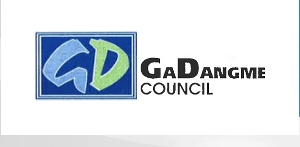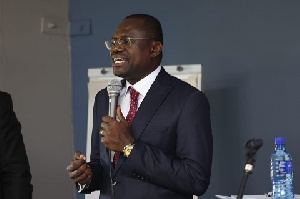The Gadangme Council, a diverse ethnic group in Ghana, is demanding an apology from JoyNews and its host, as well as Prof. Audrey Gadzekpo, regarding their coverage and comments on LGBTQ issues as well as the removal of the sensational title of their YouTube video be corrected to remove the reference to Ga and Nzema culture since it was a small part of a long discussion.
This demand stems from a segment aired on Joy News in which Gadzekpo allegedly made derogatory remarks about homosexual practices in the Ga and Nzema cultures.
During the recent discussion with Prof. Audrey Gadzekpo on JoyNews Online, the Gadangme council noted a statement that sociologists have documented that there are some homosexual practices in the Ga and Nzema culture.
The Gadangme council views these comments as offensive and disrespectful and has called for a public apology to set the record straight.
It is important to understand the cultural significance of the Gadangme people in Ghana, as they are one of the largest ethnic groups in the country. Our traditions and values are deeply ingrained in their culture, and they take great pride in upholding their customs and beliefs. Therefore, any misrepresentation or disrespect towards the Gadangme people is seen as a serious offense that must be addressed.
There are homosexual people in communities all over Ghana and this does not mean that homosexual practices are part of an entire community’s culture. However, singling out the Ga and Nzema people as having homosexual practices in their culture unfairly tarnishes the culture and traditions of the Ga and Nzema people.
The issue of LGBTQ rights is a contentious one in Ghana, with many people holding conservative views on the matter. The Gadangme people, like many other ethnic groups in the country, have their own perspectives on this issue that are informed by their cultural heritage and religious beliefs.
Press Releases of Friday, 8 March 2024
Source: Gadangme Council













